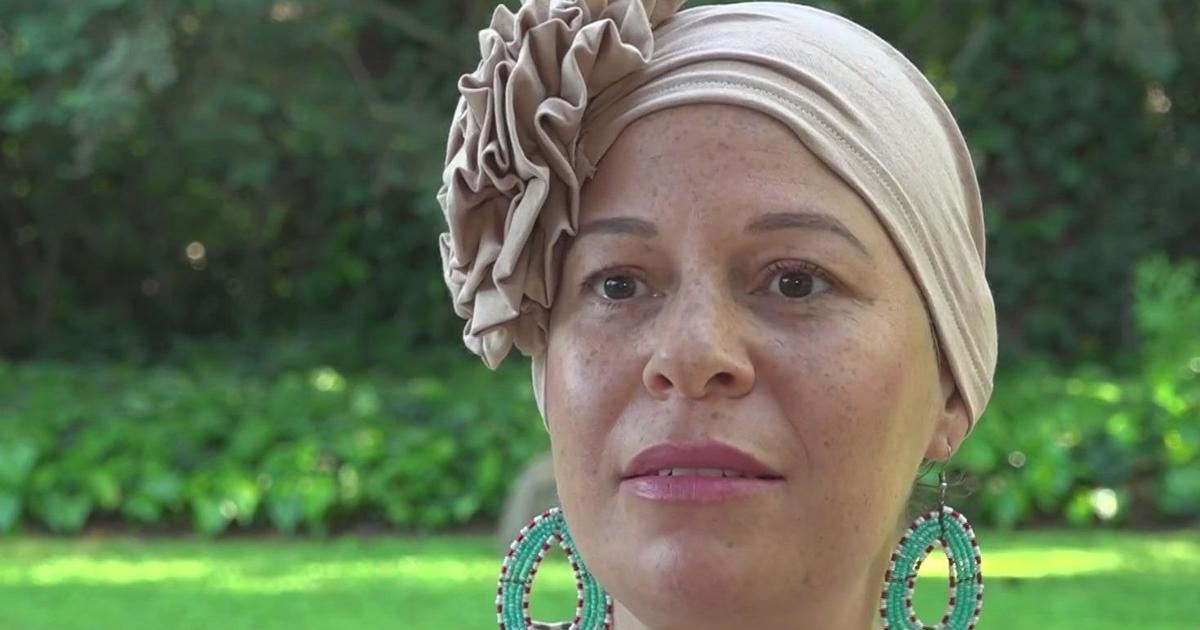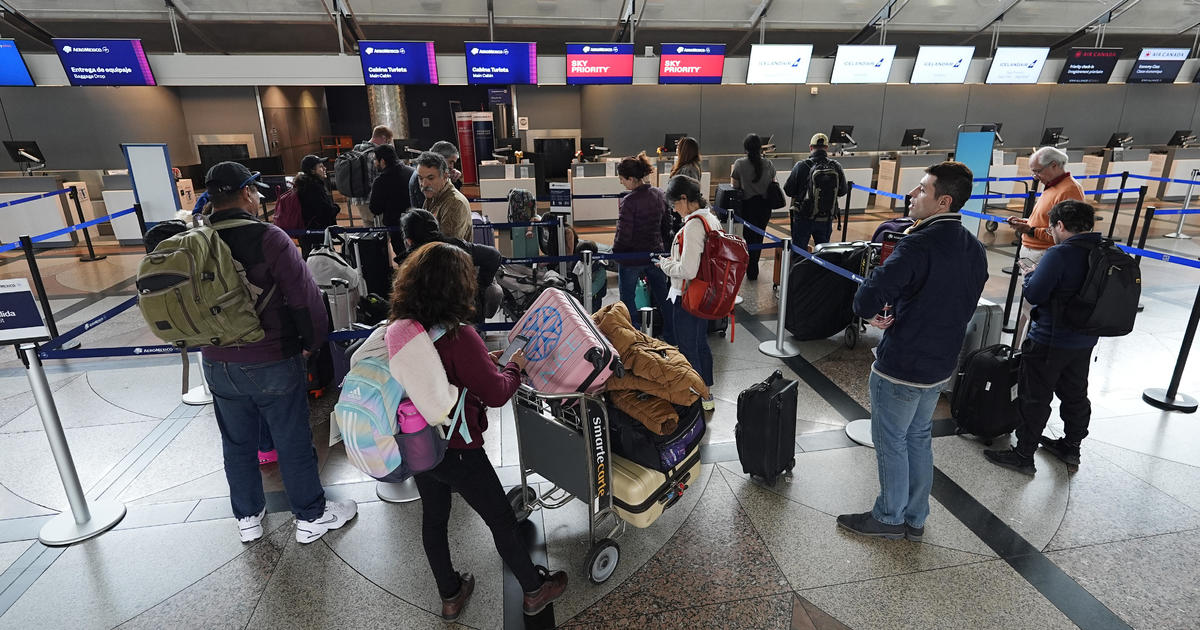California Teacher Tenure Fight Likely Heading To State Supreme Court
LOS ANGELES (AP) - Teachers across California may have breathed a sigh of relief when an appellate court upheld job protection that has long been considered sacrosanct.
But the court's unanimous ruling that found teacher tenure is constitutional and doesn't deprive students of a fair education may not be settled if the state's highest court decides to review the case, which has ramifications for more than 6 million students and hundreds of thousands of teachers.
A lawyer representing nine students who sued the state - and won at the trial court - vowed Friday to appeal to the California Supreme Court and expressed confidence they have what's needed to prevail.
"We knew there would be three rounds to this fight," attorney Theodore Boutrous Jr. said. "We think we will win the third and final round because we know we are on the right side of this case and the right side of history."
Attorney Michael Rubin, who defended teachers unions in the case, said he doesn't think the California Supreme Court will take up the issue, saying it broke no new ground in its analysis of constitutional principles.
"It puts to rest - we believe forever - the constitutional attacks on job security for teachers," Rubin said Thursday.
If the California Supreme Court takes up the case, the attorneys representing the students who filed the lawsuit are facing an uphill battle because the appellate court's opinion is "very soundly and tightly reasoned," said Bill Koski, a Stanford Law professor who directs the school's Youth and Education Law Project.
"The appellate court made it pretty clear: This might not be the wisest set of statutes but it's not our job to say what's wise or smart, it's our job to decide what's constitutional," he said.
In Thursday's ruling, the 2nd District Court of Appeal acknowledged that the case did reveal problems with tenure and layoff statutes, and showed the "deleterious impact" of staffing decisions on poor and minority students. But it said state law wasn't to blame.
"Some principals rid their schools of highly ineffective teachers by transferring them to other schools, often to low-income schools," Boren wrote. "This phenomenon is extremely troubling and should not be allowed to occur, but it does not inevitably flow from the challenged statutes."
The ruling reverses a Los Angeles Superior Court judge who found evidence to "shock the conscience" that incompetent teachers were almost impossible to fire because of tenure laws and that schools in poor neighborhoods were dumping grounds for bad teachers.
The closely watched case highlighted tensions between teacher unions, school leaders, lawmakers and well-funded education reform groups over whether policies like tenure and firing teachers with the least seniority keep ineffective instructors in the classroom, particularly in already low-performing schools.
Stuart Biegel, a law and education professor at the University of California, Los Angeles, said the California Supreme Court is likely to take up the case because it has state and national implications.
But, he said the high court is likely to side with the appellate court decision, which he described as "much more sophisticated in its reasoning" than the trial judge's.
He said the proper venue for the fight is at the Legislature, as opposed to the courts. Even if the plaintiffs end up being successful in getting the state's tenure statutes thrown out, the Legislature would need to craft new law as a result.
"Litigation can be a very powerful vehicle and oftentimes it's the correct vehicle," he said. "But in this case I felt from the beginning that it was the wrong direction for plaintiffs to take."
Boutrous, the plaintiff's lawyer, said there are a number of "strong avenues" he has to appeal the appellate court's ruling.
He said the court erred by not relying on the trial judge's factual findings and incorrectly blamed school administrators for the failures of the education system. He also said he thought the court was incorrect in finding that the plaintiffs didn't prove the state's tenure laws violate students' right to a quality education.
Regardless of the result of an appeal, the case has escalated the national conversation around teacher tenure and its potential unintended consequences, and that's a good thing, said Katharine Strunk, an education and policy professor at the University of Southern California.
She pointed to similar lawsuits in New York and Minnesota.
"What this case has done is highlight the fact that the laws in place enable the unequal distribution of teachers across schools and kids," she said. "The critical piece is that we continue to have a conversation about how to fix these problems."
Copyright 2016 The Associated Press.



